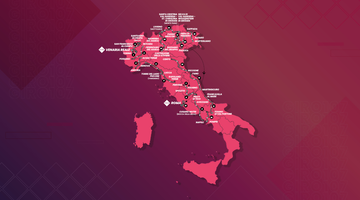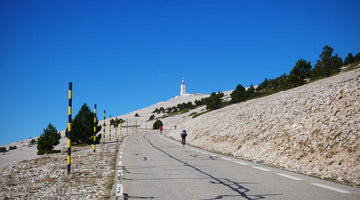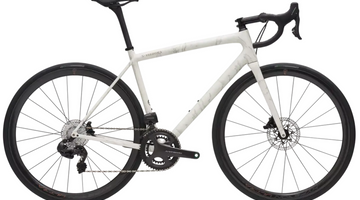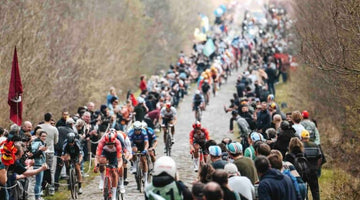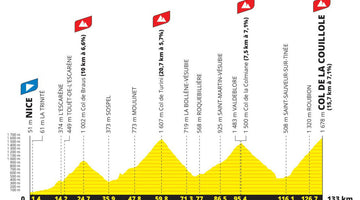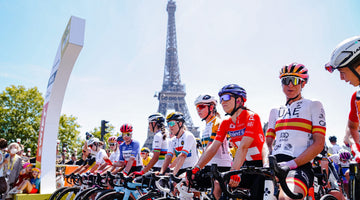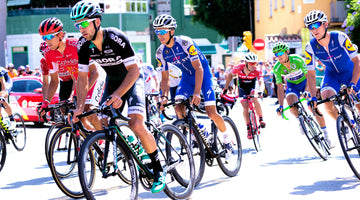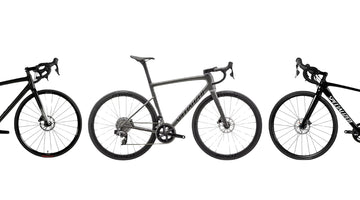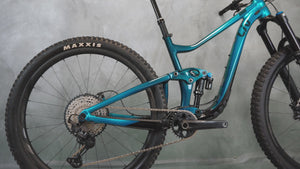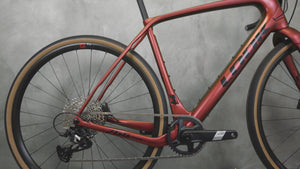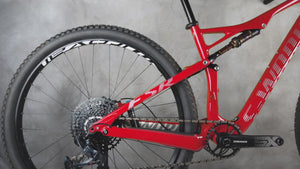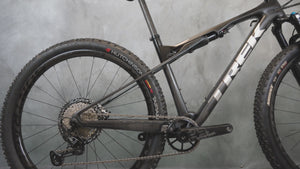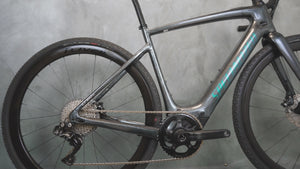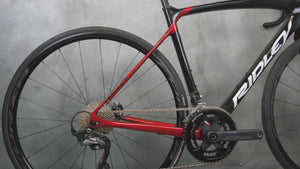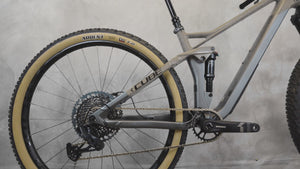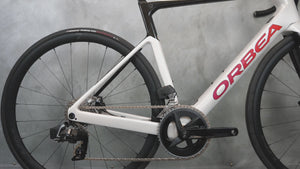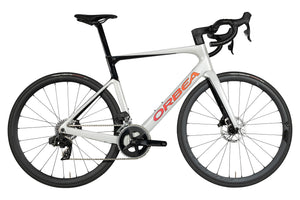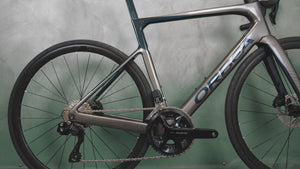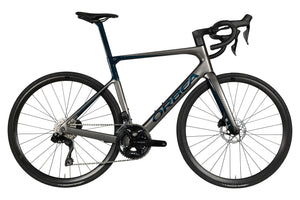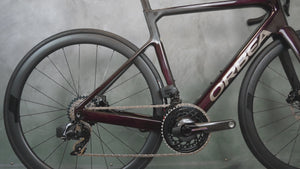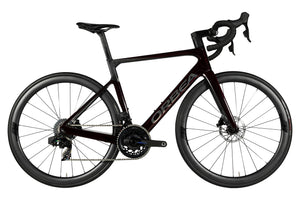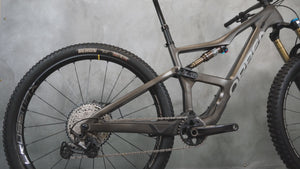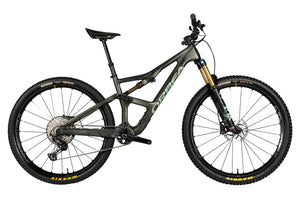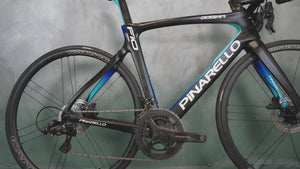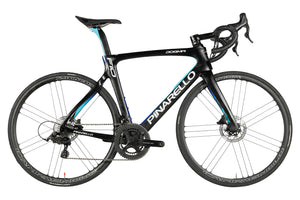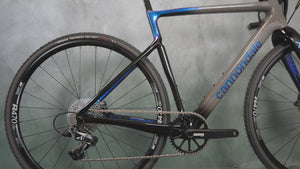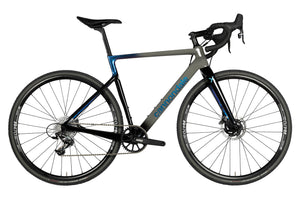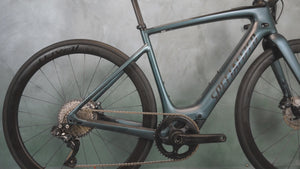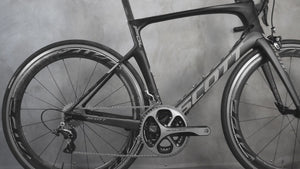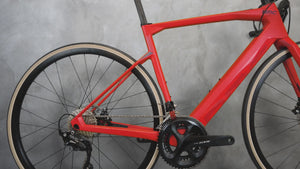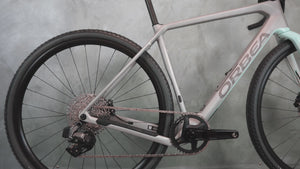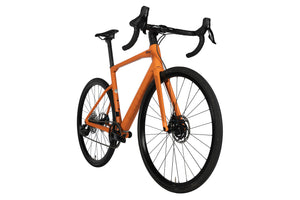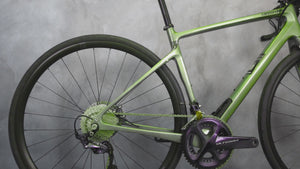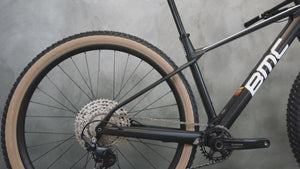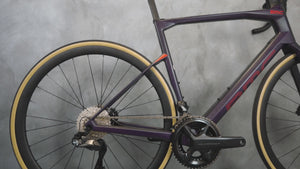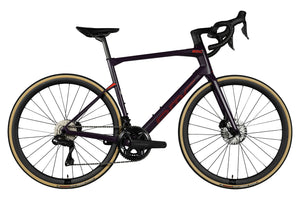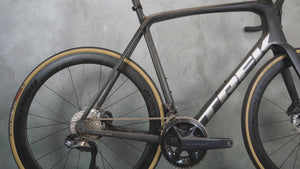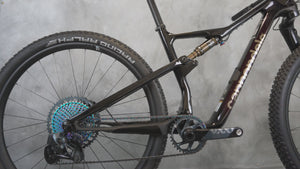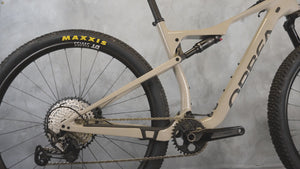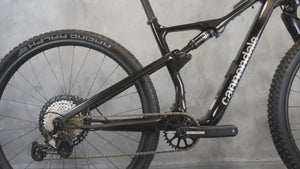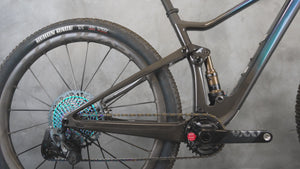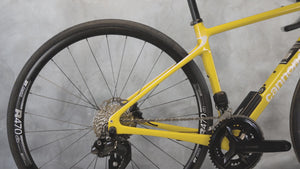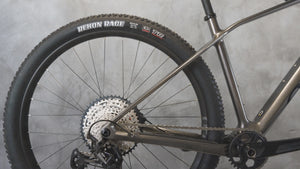Food around cycling
In this Article
Posted on October 25, 2021
Cycling is an endurance sport, the diet of the cyclist must therefore be rigorous from a quantitative point of view as a qualitative. Depending on the level of each, the stakes will however be very different. In this article, I try to explain in a simple way, the current practices I have been facing from my debut at the enthusiasts there are 5 years on everything that concerns the diet out of the bike, when we are at home before or after a session.
 Photo credits: Aymeric Lassak
Photo credits: Aymeric Lassak
Food in amateurs
In a person who occasionally cycling the issue will probably be maintaining a state of well-being in his body and a healthy lifestyle. At some competitors, it will very often happen with the most energy possible on the day of a race.
- THE MYTH OF PASTA PARTY: we all went there, watch a competition, a big club training or a cyclosportive, 300g of dry pasta by people for fear of not having enough "energy" on day J, of The sauce, cheese ... "Here! At least I will not do crawling! " Sorry to disappoint you, but getting the packet of Lustugru 3 minutes will not make you a super hero, on the contrary your body will focus on digestion and no longer recovery.
So, how to do ? Already, it must be said that when we eat balanced all week, energy stocks are already full, no need for astronomical quantities! In addition, there are a lot of different starchy starchy that have the same "miraculous properties" as pasta see better! Semolina, rice, buckwheat, sorghum, millet, potatoes are good alternatives. I also advise to consume a maximum of complete foods except Day J because they are longer to digest. It is better also to promote "al dente" cooking starchies, because too cooked, these will come and create glycemic peaks that will tend to tire.
Professionals
In professionals and in some DNs are descent of the scheme of a balanced diet, but to go even further to maximize performance. Different techniques are used in order to increase the yield.
 Photo credits: Aymeric Lassak
Photo credits: Aymeric Lassak
Here, the diet is a multi-tool, it serves:
- ATWeight management : during a cyclist season, we can not consider each race as a big goal; Indeed, we will target races that most often correspond to our physical qualities (Flanders, Ardennes, counter-la-watch, mountain races, stages ...). Of course these "physical and physiological characteristics" are working. For example, riders are very often observed to lose 2 to 5 kilos during the season to be "sharpened" or "on the razor's thread" during their goals. When the road rises, gravity plays a key role in the resistors that oppose the cyclist. The lightest will benefit from an important advantage, hence the weight hunt in the search for the weight / power ratio optimization. Attention, these weight losses are controlled with regular biological balances because indeed, lose weight is cool but lose minerals and vitamins at the same time, it is much less! It is advisable not to lose more than 2.7kg per month to avoid these risk of deficiencies.
- To better recover : Depending on the type of training or it is a competition, the types of privileged foods will vary. For example, after a competition, the goal will be to bring to the carbohydrate body and protein. Carbohydrates? Why ? Our body stock energy reserves in the form of glycogen following a carbohydrate intake. These reserves will be used during effort and are essential. Proteins? Why ? During a muscular effort, the muscle fiber is damaged, so you have to rebuild it with protein.
- In some cases, the power supply will serve to change the operation of the use of food by the body. I will use the example of the INEOS team (formerly SKY) that used the "low car car" method which consists of depriving its body of sugars (carbohydrates) and to consume only protein-rich foods and especially in good fats (omega 3) Such as salmon, lawyer, nuts ... This allows the body to adapt to using the grease as a primary energy substrate and using carbohydrates later for more energy. NB: Professional cyclists are followed by health professionals (doctors, nutritionist dietitians ...)
Concept of pleasure in food
Whether you're trying the bike once a week or we are named Nairo Quintana, you have to know that taking pleasure at the table is essential on a daily basis. Follow his desires at the power level will give us "moraline" to pedal. In professional cyclists and high-level athletes in general it must still know that food remains a subject that can be "sensitive" because no, it is not easy to have a perfect and no diet, It is impossible to stay permanently in a stable mental state. Many runners have even said "the hardest in the bike, it's not going to practice, it's up to regulate his weight." I find from a personal point of view that this is totally true, we are above all humans with feelings, we face less well, reassuring via the food is something easy and fast! The goal for high-level athlete is therefore to be mental to smooth up these desires while keeping in mind this notion of pleasure that is so important.













